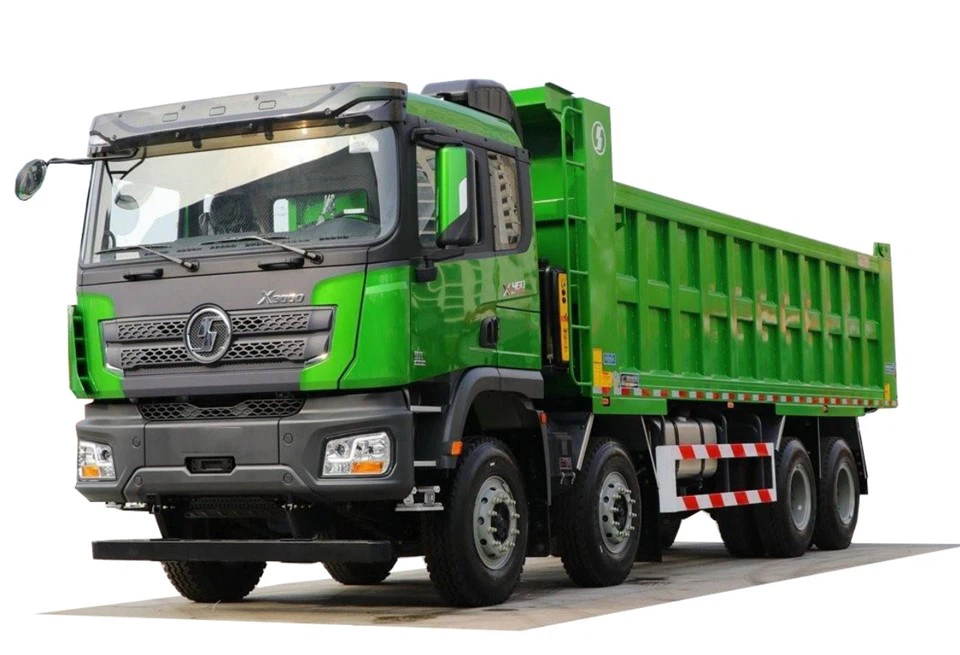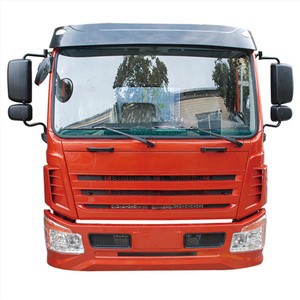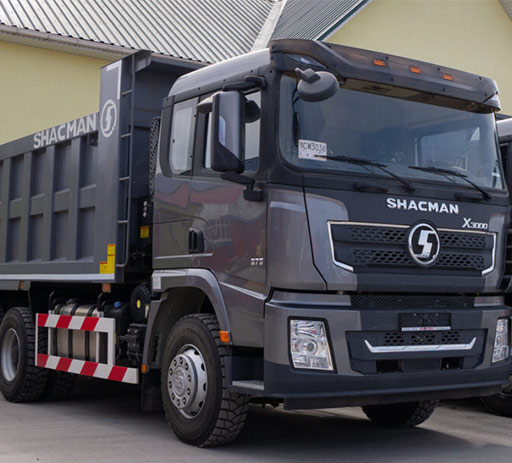Everything You Need to Know About Garbage Trucks

Introduction to Garbage Trucks
Garbage trucks play a crucial role in our daily lives, serving as the backbone of waste management systems in cities and towns around the world. These specialized vehicles are designed to collect, transport, and dispose of solid waste, keeping our communities clean and safe. In this article, we’ll explore the different types of garbage trucks, their mechanisms, maintenance requirements, and what you can do to help support effective waste management practices. Let’s dive into the fascinating world of garbage trucks!
Types of Garbage Trucks
1. Front Loader Garbage Trucks
Front loader trucks are equipped with a large fork-like mechanism at the front that lifts and dumps waste from large containers into the truck’s chassis. These trucks are most commonly used for commercial waste pickup.
2. Rear Loader Garbage Trucks
Rear loader garbage trucks feature a large opening at the back where waste is loaded. Operators manually load garbage into these trucks, making them ideal for residential waste collection.
3. Side Loader Garbage Trucks
Side loader trucks are designed to pick up waste from the side of the vehicle. They can be operated by a driver or through an automated system, which helps improve efficiency and safety.
4. Roll-off Trucks
Roll-off trucks have specialized flatbeds and are used for transporting large containers (roll-off bins) that hold construction or demolition debris. These trucks are essential for large-scale waste disposal projects.
5. Vacuum Trucks
While primarily used for liquid waste, vacuum trucks are sometimes involved in waste management to clean up spills or transport sludge. They utilize suction to remove waste from sites effectively.
The Mechanics of Garbage Trucks
Engine and Performance
Most garbage trucks are powered by diesel engines due to their ability to handle heavy loads and provide durability. Advanced emission controls ensure that these trucks comply with environmental standards.

Hydraulic Systems
Garbage trucks utilize hydraulic systems for their lifting mechanisms, allowing them to lift heavy containers and compact waste efficiently. Regular inspections and maintenance of hydraulic systems are essential to ensure safety and functionality.
Compaction Mechanism
The compaction mechanism in garbage trucks compresses waste to maximize space inside the truck. This feature enables them to carry more waste per trip, reducing fuel consumption and operational costs. Different compaction ratios can be achieved based on the type of waste collected.
Maintenance and Care for Garbage Trucks

Routine Maintenance
Regular maintenance is vital for garbage trucks to operate efficiently. This includes oil changes, brake inspections, and tire checks. Setting up a maintenance schedule can extend the life of the vehicles.
Common Repairs
| Common Issue | Description | Solution |
|---|---|---|
| Hydraulic Leaks | Fluid leaks in hydraulic systems can lead to failure of lifting mechanisms. | Routine checks and prompt repair of seals and hoses. |
| Brake Wear | Due to the heavy loads, brake systems can wear out faster than standard vehicles. | Regular inspections and timely replacement of brake pads and rotors. |
| Compaction Issues | If the compactor malfunctions, it can lead to inefficient waste collection. | Regular maintenance of the compaction system and gears. |
Environmental Impact of Garbage Trucks
Carbon Emissions
Garbage trucks contribute to carbon emissions, significantly impacting the environment. However, many municipalities are transitioning to cleaner technologies, such as compressed natural gas (CNG) vehicles, to reduce their carbon footprint.
Noise Pollution
The operation of garbage trucks, especially in residential areas, can create noise pollution. Sound-proofing technology and better route management can help alleviate this issue.
Recycling and Waste Diversion
Garbage trucks are now being equipped with systems that facilitate recycling efforts, such as separate compartments for recyclable materials. This development supports waste diversion strategies aimed at reducing landfill use.
Best Practices for Effective Waste Management
Proper Segregation of Waste
Residents should separate recyclables from non-recyclables to improve the efficiency of garbage trucks in waste processing. Providing clear bins and labels can promote correct waste segregation.
The Role of Composting
Composting organic waste can significantly reduce the amount of waste that garbage trucks need to pick up. Encouraging community composting programs can lead to substantial benefits.
Community Involvement
Encouraging community clean-up events and educating residents on responsible waste disposal can foster a culture of sustainability. Collaborating with local organizations can amplify outreach efforts.

Future of Garbage Trucks
Technological Advances
New technologies, such as route optimization software and GPS tracking, are being integrated into garbage trucks to enhance operational efficiency. Automated systems for waste collection are becoming more prevalent.
Electric Garbage Trucks
The rise of electric vehicles (EVs) presents a viable option for garbage trucks, with several cities pilot-testing electric models to lower emissions and fuel costs. Their quieter operation is also a bonus for urban environments.
Smart Waste Management Systems
The implementation of smart waste management systems that use IoT (Internet of Things) technologies can provide real-time data on waste levels, enabling more efficient collection schedules and routes.
FAQ Section
1. How often do garbage trucks come to collect waste?
The frequency of waste collection typically depends on local regulations and can range from daily to weekly collections. Check with your local waste management authority for specifics.
2. What can I put in my garbage bin?
Most garbage bins are for general household waste. Items such as food scraps, plastic wrappers, and non-recyclable paper can go here. For specific items, such as electronics or hazardous waste, check your local guidelines.
3. Can I request a special pickup for bulk items?
Many waste management services offer bulk item pickup for large items, such as furniture. Contact your local service provider to schedule a pickup and inquire about any associated fees.
4. How are electronic waste and hazardous materials disposed of?
Electronic waste and hazardous materials should not be placed in regular garbage bins. Most communities have special collection events or designated drop-off locations for safe disposal of these materials.
5. Are there garbage trucks that pick up recycling separately?
Yes, many waste management services use specialized garbage trucks equipped with separate compartments to collect recyclables. Contact your local service provider for specific details.
6. What should I do if my garbage truck misses a pickup?
If your scheduled garbage pickup is missed, contact your local waste management provider as soon as possible. They may offer a makeup service or advise on when to expect the next collection.
